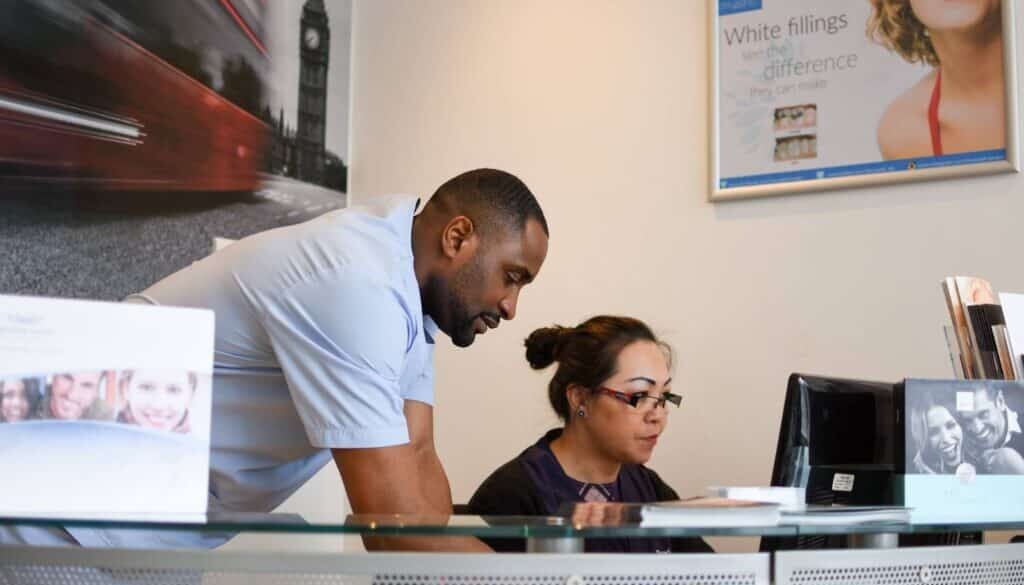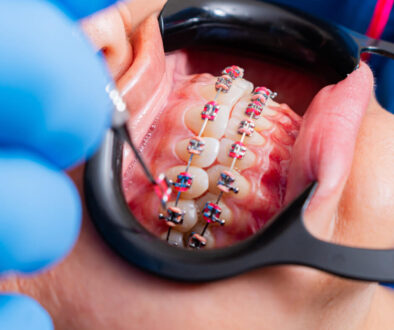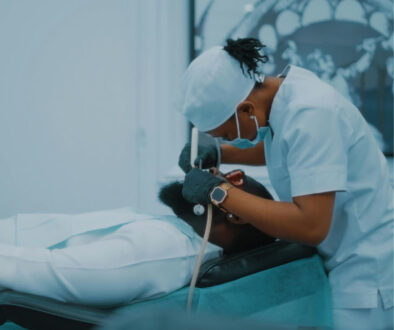Dental emergencies can happen when you least expect them. Whether it’s a sudden toothache, a broken tooth, or swelling around the gums, knowing what to do if you have a dental emergency in Hackney can save your teeth and prevent further complications. With a range of emergency dental care services available, both NHS and private, you can get immediate treatment from a professional dental team to restore your oral health and ease discomfort
Understanding Dental Emergencies
A dental emergency is any situation that requires urgent attention to prevent long-term damage. Common examples include severe pain, facial swelling, broken or knocked-out teeth, and infections that threaten your overall health. Recognising these early signs is essential to prevent more serious issues.
Signs You Need Immediate Attention
Some signs mean you should seek emergency dental care without delay. If you experience severe pain, noticeable facial swelling, persistent bleeding, or a broken tooth, it’s time to contact a dentist in Hackney. Untreated dental emergencies can quickly worsen, leading to infections or permanent damage.
First Steps During a Dental Emergency
Staying calm is the first step. Rinse your mouth with warm water to clean the area, apply a cold compress to reduce swelling, and take over-the-counter pain relief if necessary. While these measures provide temporary relief, they are not substitutes for emergency dental treatment.
Contacting an Emergency Dentist Hackney
When a dental emergency strikes, contacting a dentist in Hackney is vital. Many practices offer emergency lines and same-day emergency dental appointments. NHS dentists and private clinics provide access to urgent care, ensuring you receive necessary treatment promptly. The dental team will assess your condition and determine whether immediate procedures like fillings, crowns, or root canals are required.
What to Expect During an Emergency Dental Appointment
During an emergency dental appointment, the dentist will examine your mouth, often taking X-rays to evaluate the situation. They will manage pain, control bleeding, and provide immediate treatment to address the issue. Some cases may require referrals for more complex procedures, but the primary goal is to relieve discomfort and protect your dental health.
Handling Specific Dental Emergencies
For a broken tooth, rinse the mouth, save any pieces, and avoid chewing on the affected side. If a tooth is knocked out, handle it by the crown, keep it moist in milk or saliva, and visit the dentist immediately. Severe toothache or gum injuries require urgent assessment to prevent infection or long-term damage.
Preventing Dental Emergencies
Maintaining oral health is the best way to reduce the risk of emergencies. Regular dental check-ups, proper brushing and flossing, and protective measures during sports can all help keep your teeth healthy. Prompt attention to minor issues often prevents them from becoming serious dental emergencies.
Aftercare Following Emergency Dental Treatment
After receiving treatment, follow your dentist’s advice carefully. Take any prescribed antibiotics or pain relief, maintain proper dental hygiene, and attend follow-up appointments. Proper aftercare ensures your mouth and gums heal quickly, reducing the risk of further complications.
Conclusion
Dental emergencies in Hackney can be stressful, but knowing how to respond makes a huge difference. From taking initial steps at home to contacting a reliable emergency dentist Hackney, prompt action helps protect your dental health. Remember, seeking emergency dental care early can prevent more complex procedures and ensure your smile stays pain-free.
FAQs
1. What qualifies as a dental emergency?
Any sudden severe pain, swelling, broken or knocked-out teeth, or infections that could worsen without treatment.
2. Can NHS dentists handle emergency care?
Yes, many NHS dentists in Hackney provide emergency dental appointments and guidance through dedicated emergency lines.
3. How should I manage pain before seeing the dentist?
Rinse your mouth with warm water, use over-the-counter painkillers, and apply a cold compress to reduce swelling.
4. What do I do if a tooth is knocked out?
Hold it by the crown, keep it in milk or saliva, and contact your dentist immediately for possible restoration.5. Are children more prone to dental emergencies?
Yes, children are at higher risk due to accidents or sports injuries. Prompt assessment and treatment by a dental team is crucial.




